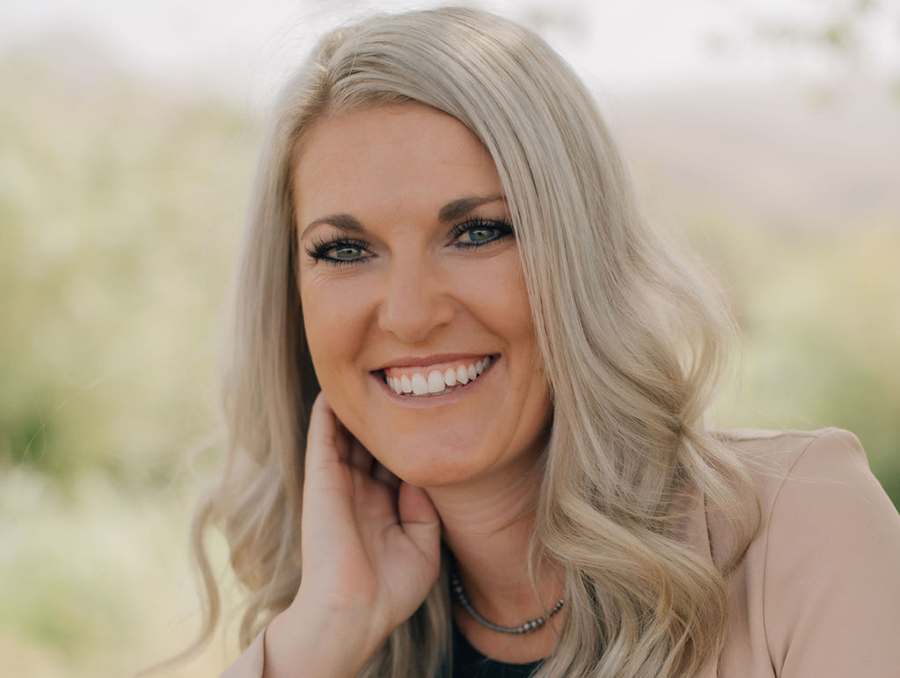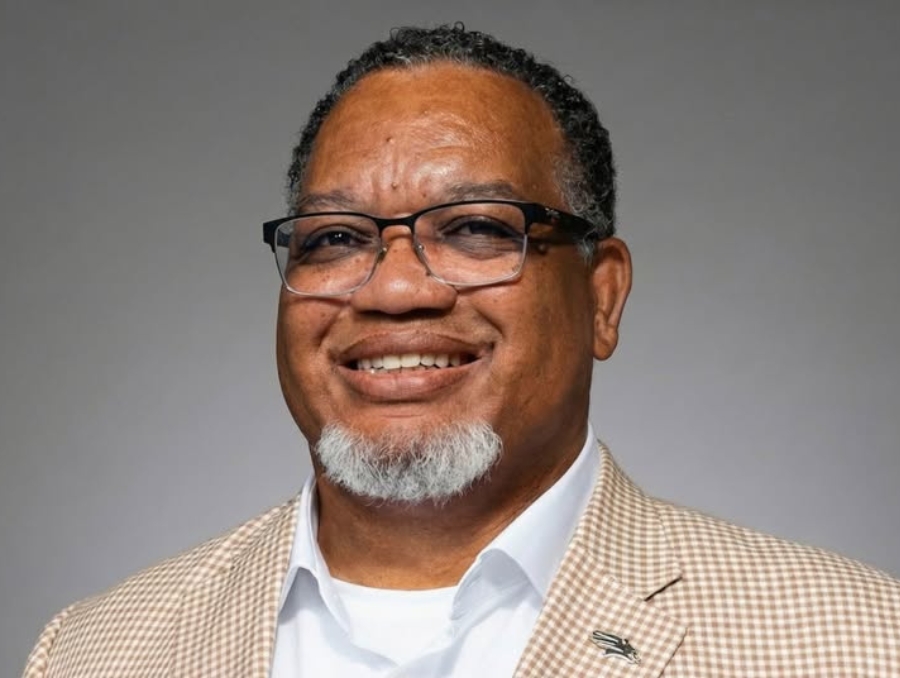It’s no secret that teachers are in short supply in our state, especially ones to fill vacancies in the sciences. At the University of Nevada, Reno, the College of Agriculture, Biotechnology & Natural Resources has hired Charmayne Mitchell as the NevadaTeach master teacher for agriculture sciences and environmental science. As such, Mitchell will help guide students through this dual major program that allows students to earn degrees in education and either environmental science or agriculture simultaneously, without adding extra time or money to the students’ college education.
The NevadaTeach Program began at the University nine years ago and now includes a choice of 11 different majors to pair with the degree in education. NevadaTeach wasn’t in place when Mitchell earned her own degree from the University in 2014, a bachelor’s in secondary education with an emphasis in agricultural science and a minor in health education.
“It took me longer to get through school because I had to take so many extra classes for both degrees, as well as the minor,” Mitchell said.
Mitchell said the program can be a game-changer for students who have an interest in teaching.
“I can see how important it is for students to get an early look at what teaching has to offer,” Mitchell said. “With NevadaTeach, they can start teaching lessons in their first semester here, and then decide if that is actually the best career choice for them.”
Teaching future teachers
Mitchell has deep roots at the University beyond earning her degree. She comes to her new role from recent work as the Mineral County outreach specialist for University of Nevada, Reno Extension.
Mitchell also has experience teaching in both secondary and collegiate settings. She’s taught Career and Technical Education classes at the University as well as taught students at Battle Mountain High School and Smith Valley School. She said she’s always loved working with high school students in particular.
“Don’t get me wrong, I love freshmen and sophomores,” she said. “But, I truly connect with seniors and especially kids who are taking college classes while in high school. It was always my desire to teach at the secondary level, and there are always open positions at schools for ag teachers.”
Helping to prepare teachers of the future is a major reason Mitchell wanted to become a master teacher. As a nonacademic counselor, she will guide students on the pathway to earning dual degrees.
“Part of my motivation is to help our University provide ag teachers that can come directly from college to take on these jobs around the state and fill those positions that might not always be filled, so we have a solid agricultural foundation for all high school students,” Mitchell said.
This summer, Mitchell attended a conference for NevadaTeach personnel from across the state. She said she learned a lot about the program and what the climate is like right now around the state for teaching at all levels. She sees her role as part of the support system for her students, instilling passion in education for these sciences, which in turn will bring more quality high school teachers into the system.
“New teachers at the high school level shape the future for everyone because of who they are teaching,” she said. “It will be great to have more passionate teachers out there, and teachers who are excited for the position and not fearful of the changes and the struggles that they will endure through all the changes taking place in the world.”
Mitchell also wants to provide ongoing support, even after her students graduate.
“I’d love to be that connection throughout their life, if they have questions or concerns or want some advice,” Mitchell said. “Even if they want more information about placement at a school, I hope they aren’t afraid to reach out to me. I can help make those connections between university-level graduates and the high schools.”
The future of agriculture education in the modern world
Having a full-time master teacher to support students from the College is important for overall teaching of agriculture and environmental studies in the modern world, said Claus Tittiger, Associate Dean of Academic Affairs at the College.
“Agriculture is STEM,” he said. “There is a lot of high-tech involved, especially in Nevada where you have to manage the water and soil and see how agriculture reacts to the environment. There are robotics and drones and satellites that monitor data. That requires a highly educated workforce to support the education of agriculture in high school so students can be more aware of this and get more involved in it.”
Tittiger is looking forward to working with Mitchell and supporting her efforts.
“We’re super happy that Charmi is here, and she is very qualified to be a master teacher,” Tittiger said. “Not to put pressure on her, but with her presence here, we’re hoping that it builds more interest in what we have to offer.”
To that end, Mitchell shares Tittiger’s view that her role is also meant to recruit incoming high school students into the NevadaTeach Program at the University.
“We do want to grow all the time and make progress as much as possible,” Mitchell said. “I want to open up the doors for students to attend the University and navigate the dual-credit program the best way they can.”
For more information on NevadaTeach, visit its website, or contact the program at 775-682-8715.
















